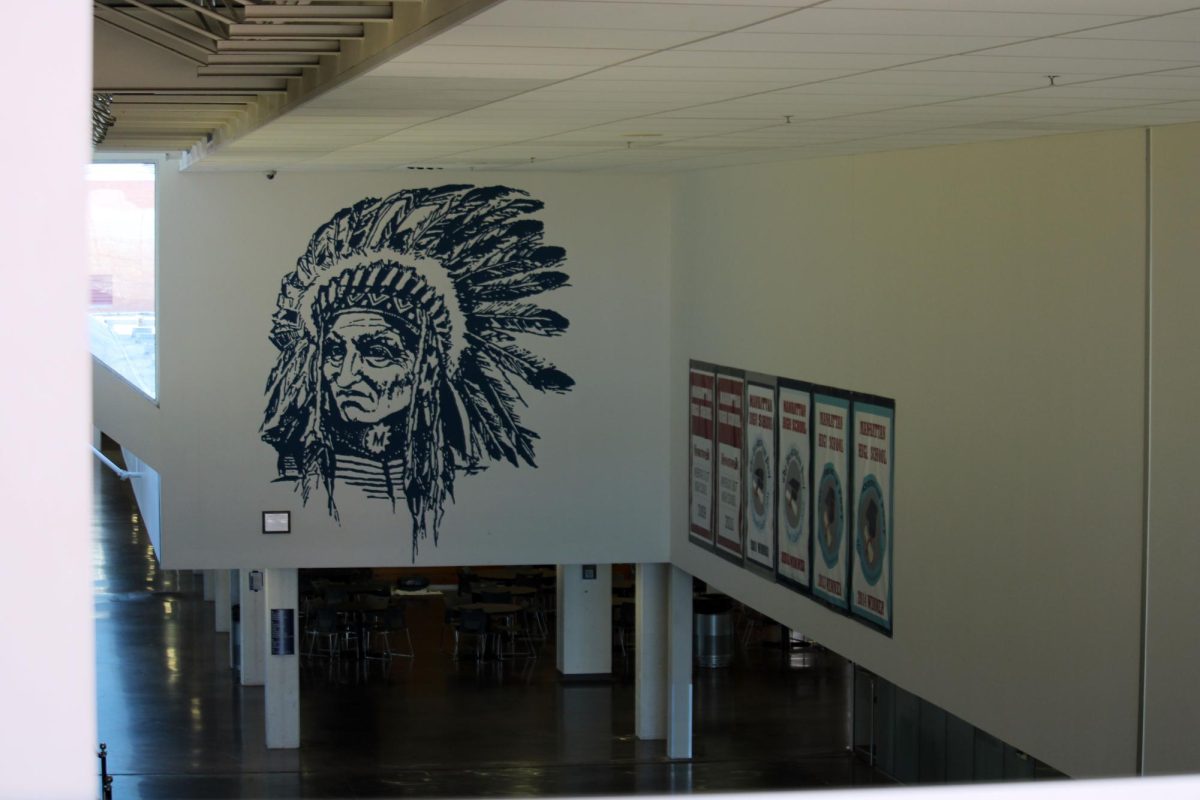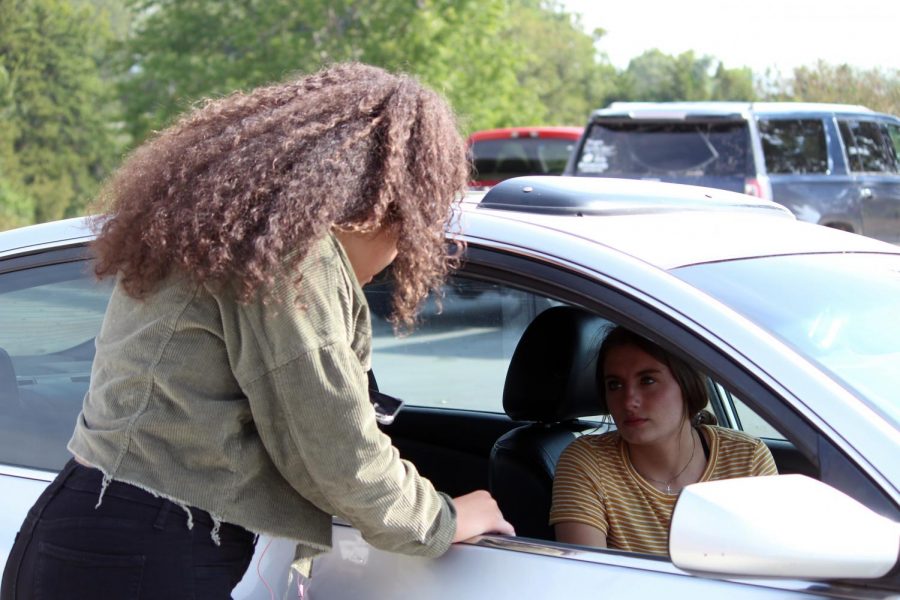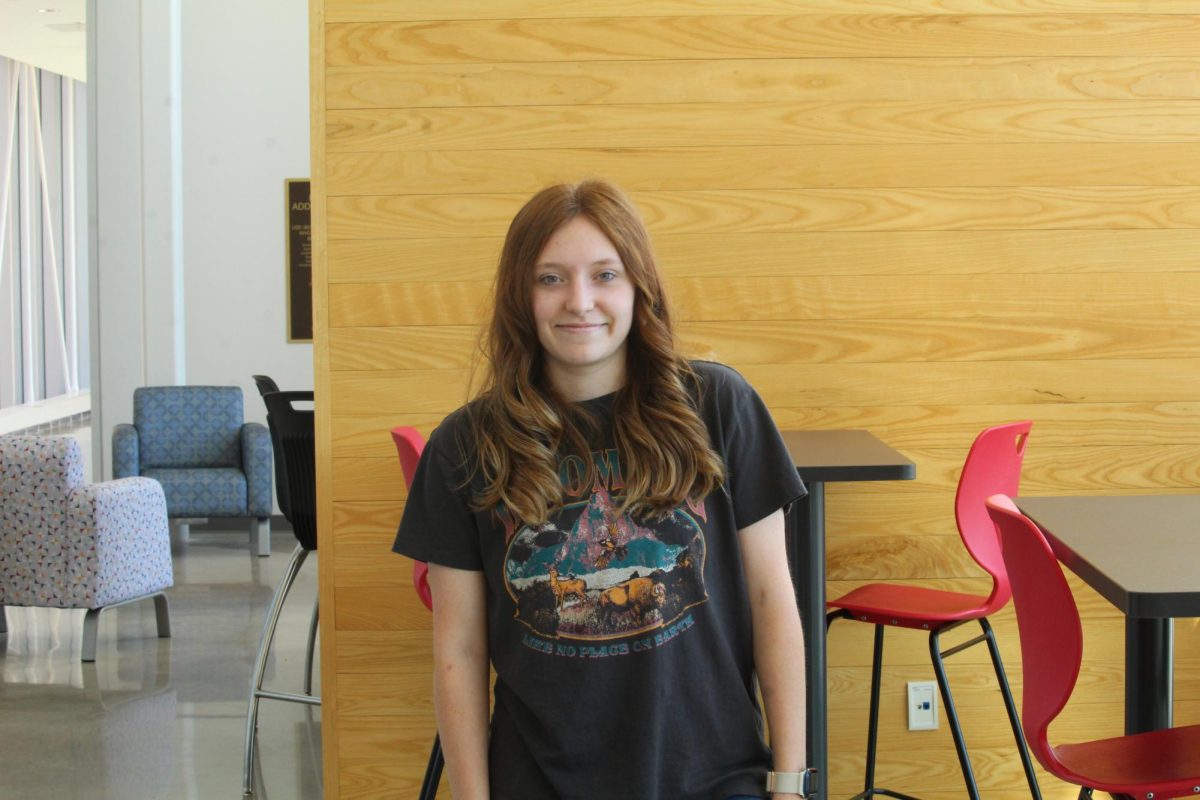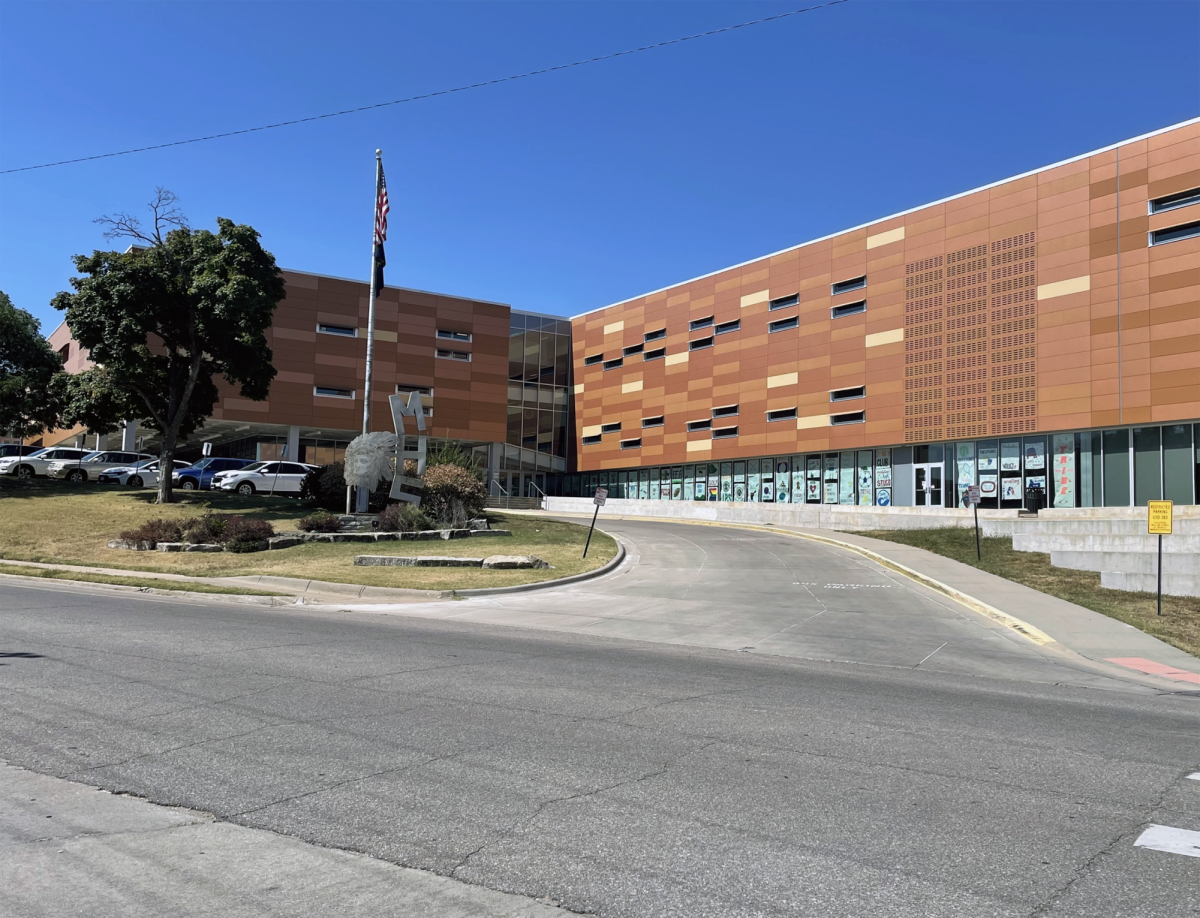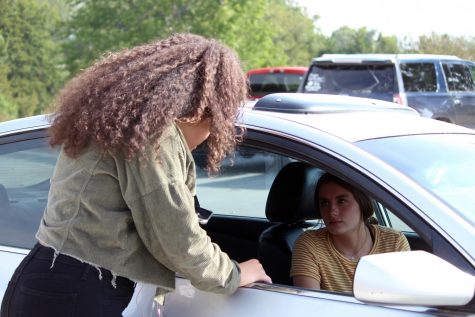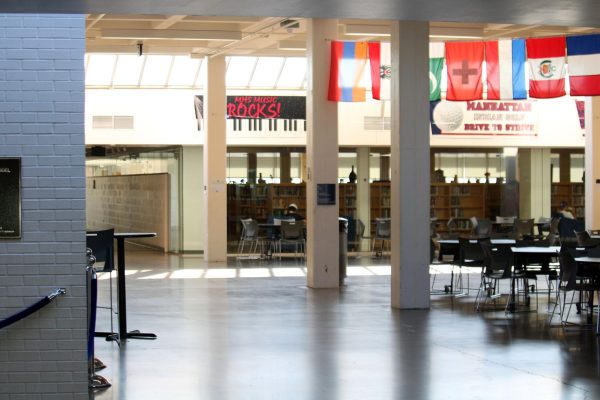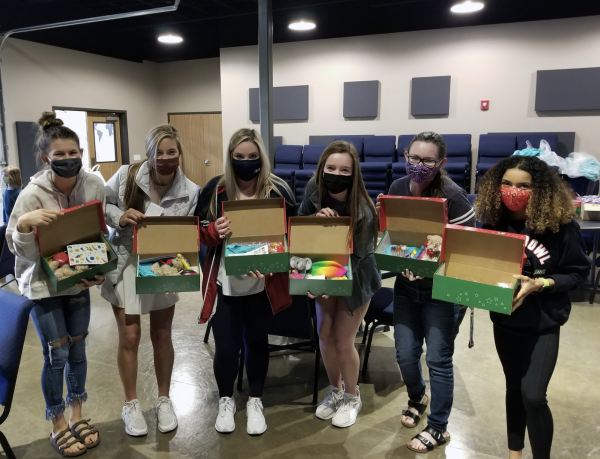Court Appointed Special Advocates open doors for children’s voices
May 15, 2017
When a child is stuck in a case where parents deemed unfit or give an unfit environment, someone is there for them. If children don’t feel as if their voice is being heard, someone is there for them. When a child wants an extra person around for a visitation with a parent, someone is there for them.
This person is a Court Appointed Special Advocate volunteer, who help protect and speak up on the children’s behalf.
There are three sections to the Sunflower CASA Project.
- CASA Core which provides children who are in Child in Need of Care court cases an advocate on their behalf to help the judges and attorneys understand more about the child.
- Stepping Stones Child Advocacy Center, where they provide child friendly forensic interviews for children that have alleged physical and sexual abuse.
- Sunflower Bridge Child Exchange and Visitation Center, which is a safe place for parents that have maybe in the middle of a divorce or one parent may have a protection from abuse or a stalking order from another parent.
CASA Core volunteers work one-on-one with the children caught in the middle of these cases, so judges and the attorneys get to know more about the children in the cases. CASA Core volunteers meet with the children in order to form a close bond with the child.
“The volunteers get really close with the kids and forms a strong bond with them and becomes the consistent person in their lives,” director of Sunflower CASA Core Jennifer Anguiano said. “Having those interactions and talking with the child, getting to know who they are. We then write a court report that goes directly to judge and the attorneys on the case and we make that youth more than a name on a piece of paper. We make them real. Like who this kid is, these are their likes, these are their desires, this is what they think their future might look like … These cases are about them, so it’s important to ensure that their best interests are always being heard.”
Starting originally in Seattle, Washington, in 1977, CASA has now spread across the nation.
“It came out of the need that judges were seeing about the overworked system,” Anguiano said. “So we have a lot of social workers that are really great social workers that are carrying a really large case load. They just weren’t able to give the amount of information that the judges were feeling like they needed to make an informed decision about our kids … The needs grew out of the number of kids that came into the court system, needing a voice and an advocate.”
While the numbers of children in the Kansas Foster Care system continuously grows, CASA hopes to spread their abilities to the 7,000 child who is currently in foster care.
“Our goal is to serve every child who has an open Child in Need of Care case in Riley County,” Anguiano said, “Because every child’s voice is worth hearing and every child is important and we want to ensure that they can get an advocate if we provide that to them.”
Not only are volunteers able to give a child a voice in court, but they also act as a mentor and someone to keep the children accountable in school.
“What [the CASA volunteer] would do is at court they would get a release signed so that legally [the administration] could speak to the CASA work about that student,” assistant principal Angie Messer said. “So then what they do is that they come in and set up a meeting to help mentor the student with the choices they’re making or it’s an extra person to help check in on their grades or their attendance. Or if the student is struggling with their behavior choices, they are willing to come in and meet with them. They’re another person to come in and help with that student help advocate for them.”
Messer hopes to join CASA as a volunteer next year when she has more time.
“I think it’s a great thing and much more needed,” Messer said. “There are many people who need to feel like they have a person in their corner. I believe that’s what CASA is about, is to be there and be the person who is knowledgeable and knows something about how the system may work and to help navigate all of that. I think it’s important for people who have a CASA worked with them to have a positive relationship and know that here is someone there to be fighting for them.”


